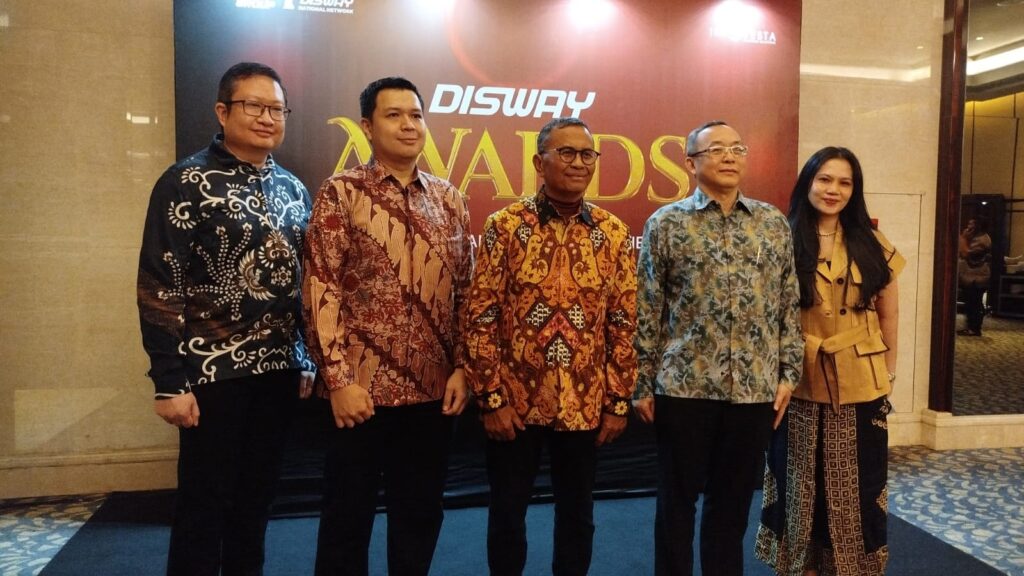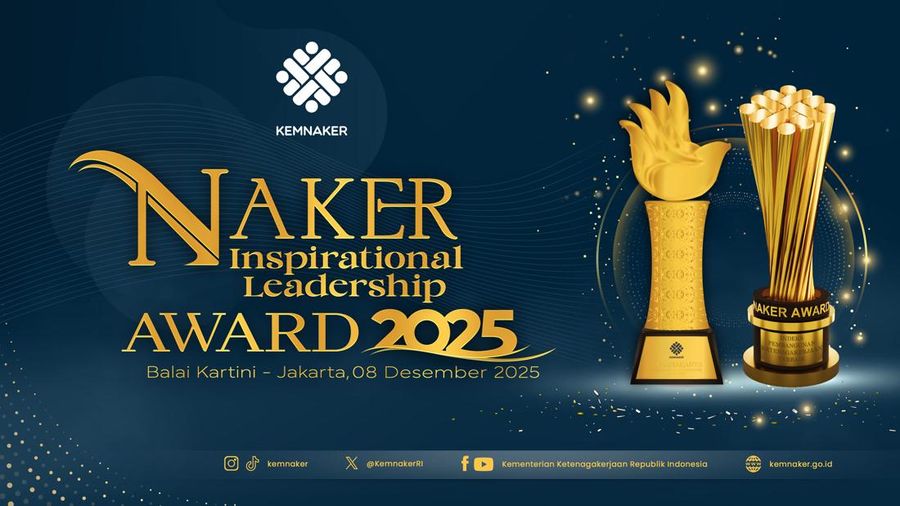New York — CEO compensation across the S&P 500 surged to unprecedented levels in 2024, with equity grants and performance-linked incentives pushing pay packages far beyond previous records. Data compiled by The Wall Street Journal and MyLogIQ reveals that half of the CEOs analyzed earned at least $17.1 million in total compensation, up from $15.8 million the prior year.
At the top of the list is Rick Smith, founder and CEO of Axon Enterprise, with a total package worth $164.53 million — the only leader in the index to exceed the $100 million mark in 2024. Much of Smith’s compensation came in the form of stock awards tied to long-term operational and market performance targets, granted in May 2024.
Trailing Smith are leaders of major corporations across multiple industries: Lawrence Culp Jr. of General Electric ($88.95 million), Stephen Schwarzman of Blackstone ($84.03 million), Tim Cook of Apple ($74.61 million), and Joseph Bae of KKR ($73.09 million). Other notable names in the top ten include Netflix co-CEOs Theodore Sarandos and Greg Peters, Simon Property Group’s David Simon, Carrier Global’s David Gitlin, and KKR’s Scott Cuttall.
Interestingly, several globally recognized executives are absent from the top ranks in monetary terms. Jamie Dimon of JPMorgan earned $37.7 million (ranked 23rd), Mark Zuckerberg of Meta received $27 million (ranked 63rd, mostly for security expenses), while Elon Musk of Tesla reported zero compensation due to ongoing legal disputes over his pay plan. Warren Buffett of Berkshire Hathaway remained among the lowest-paid with $410,000 in salary.
The dominance of equity-based awards underscores a broader shift in executive pay structures. Organizations are increasingly using multi-year performance incentives to align leadership priorities with shareholder value creation, particularly in sectors undergoing rapid transformation.
For corporations, the trend signals the need to balance competitive compensation with governance scrutiny. For stakeholders, it raises questions about pay-to-performance alignment, especially as market volatility and regulatory pressures continue to shape executive reward strategies worldwide.






